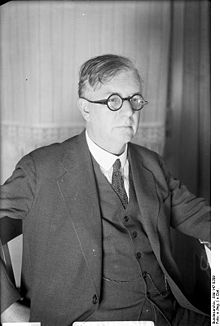Jung recounts his dream about Richard Wilhelm (translator of the I Ching)

A few years later Wilhelm was staying as a guest in my house, and came down with an attack of amoebic dysentery. It was a disease he had had twenty years before. His condition grew worse during the following months, and then I heard that Wilhelm was in the hospital. I went to Frankfurt to visit him, and found a very sick man. The doctors had not yet given up hope, and Wilhelm, too, spoke of plans he wished to carry out when he got well. I shared his hopes, but had my forebodings. What he confided to me at the time confirmed my conjectures. In his dreams, he revisited the endless stretches of desolate Asiatic steppes – the China he had left behind. He was groping his way back to the problem which China had set before him, the answer to which had been blocked for him by the West. By now he was conscious of this question, but had been unable to find a solution. His illness dragged on for months.
A few weeks before his death, when I had had no news from his for a considerable time, I was awakened, just as I was on the point of falling asleep, by a vision. At my bed stood a Chinese in a dark blue gown, hands crossed in the sleeves. He bowed low before me, as if he wished to give me a message. I knew what it signified. The vision was extraordinarily vivid. Not only did I see every wrinkle in the man’s face, but every thread in the fabric of his gown.
Wilhelm’s problem might also be regarded as a conflict between consciousness and the unconscious, which in his case took the form of a clash between West and East. I believed I understood his situation, since I myself had the same problem as he and knew what it meant to be involved in this conflict. It is true that even at our last meeting Wilhelm did not speak plainly. Though he was intensely interested when I introduced the psychological point of view, his interest lasted only so long as my remarks concerned objective matters such as meditation or questions posed by the psychology of religion. So far, so good. But whenever I attempted to touch the actual problem of his inner conflict, I immediately sensed a drawing back, an inward shutting himself off – because such matters went straight to the bone. This is a phenomenon I have observed in many men of importance. There is, as Goethe puts it in Faust, an “untrodden, untreadable” region whose precincts cannot and should not be entered by force; a destiny which will brook no human intervention.
Page 377
Additional Links:
Richard Wilhelm, Wikipedia

